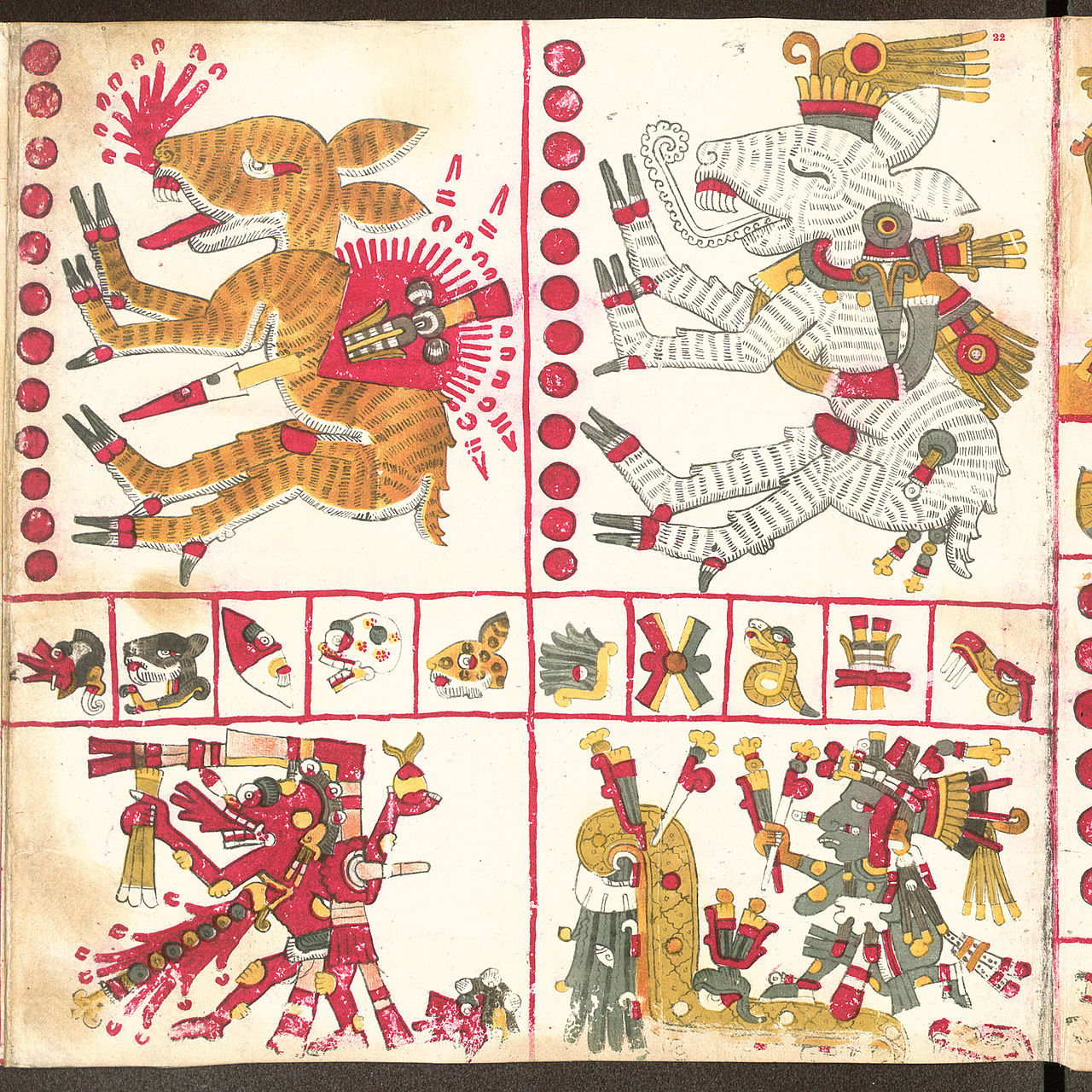FrogReaver
The most respectful and polite poster ever
And yet you believe that hard study will allow a Wizard to warp reality. Don't you see the hypocrisy?I will consider I am annoying yes but the fiction does not make sense I have heard in the past editions they served the gods and that worked much better in how they got their power, an oath can change people but warp reality not so much.
Think of them similar to Druids but more representative of traditional Cleric domains. So instead of being in tune with nature they are in tune with life/storms/war/etc.the divine connection is what confuses me as to how that works without a god is not something people have explained to me.
Well that's better. Most heroes in old literature were portrayed as more than human. I'm not sure why that is thematically toxic?sorcerers make sense in how they do it I just hate it, mechanically they are fine to me just thematically toxic.
Warlocks and Clerics are similar in that they both obtain their power outside themselves. Could they be combined into a single class - sure! Most classes could be as there's usually some overlap such that we could group them together if desired. But they don't really need to be combined.warlock and clerics are very similar to me they are made to serve also never gotten a sufficiently good patron idea nor found one, as they are both based on how humans relate to gods in old faiths.
Okay, but why?sorcerers just disgust me power by bloodline is not a trope I like at all.
on where magic comes from.
arcane manipulation of a back layer of reality that can be subject to sapient thought through the correct means sort of like being able to hack the worse code but with a side order of magic and a force of nature it is a mindless thing that can warp sections of reality depending on the intensity or how focused an area is with an arcane polarity.
divine magic is theurgic in nature it is gifted power normally from Moralia entities or embodiments of concept with sufficient weight.
Sounds like you get divine magic. Do you just not like it either? If not, why not?








